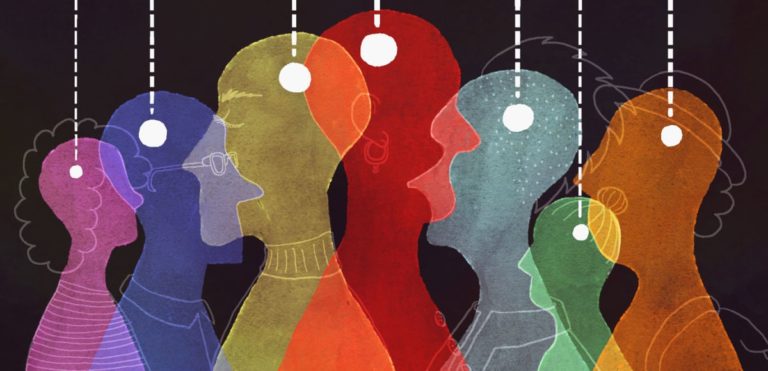Given the federal government’s past, present and projected future red ink, Canadians could be forgiven for thinking Ottawa might prefer to pinch pennies rather than dole out hundreds of millions more in corporate welfare, this time to the most undeserving recipients of all, pro-sport franchises, most owned by billionaires.
But politics may soon trump economic sense once again. While Prime Minister Stephen Harper said recently that his government will never directly fund professional sports teams, he did leave open the door that taxpayers might be forced to ante up for the facilities such teams play in.
Moreover, his even more recent comments– he downplayed a federal role but then said “if there is a role for the federal government, it must be equitable across the country and also affordable” did nothing to dispel the possibility of taxpayer-funded largesse for professional sports.
In fact, his comments upped the potential bill. The rumoured amount for a Quebec City arena is $175-million from the Quebec government and a similar amount from Ottawa. Add to that “equitable” and similar amounts for other sports venues in Calgary, Edmonton, elsewhere on the Prairies, and perhaps in Hamilton for a dreamed-of NHL team there, and soon taxpayers will be spending real money.
To fund such arenas is no different than to fund factories for automotive or aerospace companies and yet claim taxpayers are not being forced to “directly” fund General Motors, Chrysler, Pratt & Whitney or Bombardier. It’s a distinction without a difference.
There are so many reasons not to fund for-profit sports teams that it is difficult to know where to begin.
Start with supposed benefits to local economies that promoters of government subsidies trumpet — increased economic activity, more jobs, increased tax revenues, higher incomes and a more attractive environment for future business prospects.
The myth here is that sports teams have a magical “multiplier effect” upon the local economy. Build-it-and-they-will-come economics — or in the case of threats to leave a city, the notion that massive amounts of economic activity and tax revenues will be lost, are unsupportable claims.
Money spent on professional sports tickets comes at the expense of spending on other activities — movies, concerts, or dining out. Thus, heaven forbid, if the Calgary Flames or Toronto Maple Leafs left their respective cities, some sports fans who previously spent $1,000 on tickets and beer every season aren`t going to throw such money into the fireplace in their absence; they’ll likely spend it somewhere else, on minor hockey, more beer, or on some other event, and economic activity and tax revenues will still result.
The economic logic is the same if an NHL team ended up in Quebec City. People who previously might have spent money on skiing or the Quebec winter carnival will spend some of their disposable income on NHL hockey tickets.
So do taxpayer subsidies for sports teams have a net beneficial economic effect? Not according to University of Maryland professor Dennis Coates and University of Alberta professor Brad Humphreys, who recently reviewed the academic literature on the economic impacts of professional sports franchises and stadiums. They conclude that, “No matter what cities or geographical areas are examined, no matter what estimators are used, no matter what model specifications are used, and no matter what variables are used, articles published in peer-reviewed economics journals contain almost no evidence that professional sports franchises and facilities have a measureable economic impact on the economy.”
Ironically, rather than increase local economic activity and income, a diversion of consumer spending to professional sports teams (or their “facilities”) can often have the exact opposite effect. Given that salaries make up most of a team’s expenditures, and that professional sports teams players most often do not live in the city in which they play, the result is that much of the money consumers pour into tickets ends up getting spent in other cities and often other countries.
Even worse, all a subsidy for an arena will do is put taxpayers in hock for decades.
The New York Times just reported that the now-demolished Giants stadium in New Jersey still has US$110-million in debt taxpayers must still pay off; in Seattle, the Kingdome demolished one decade ago is still pulling tax dollars away from citizens with US$80-million in outstanding debt.
The economics of subsidies to professional sports teams have always been abysmal and haven’t changed; it’s why proponents usually resort to emotional arguments. Perhaps that’s why in Quebec City last week, jersey-wearing Veterans Affairs Minister Jean-Pierre Blackburn said it was important to remove the “scars” Quebecers suffered when the Nordiques moved to Colorado in 1995.
Such made-up psychological “wounds” are nothing in comparison the actual fiscal damage done if provincial and federal balance sheets engage in more corporate welfare, but this time to professional sports teams.






